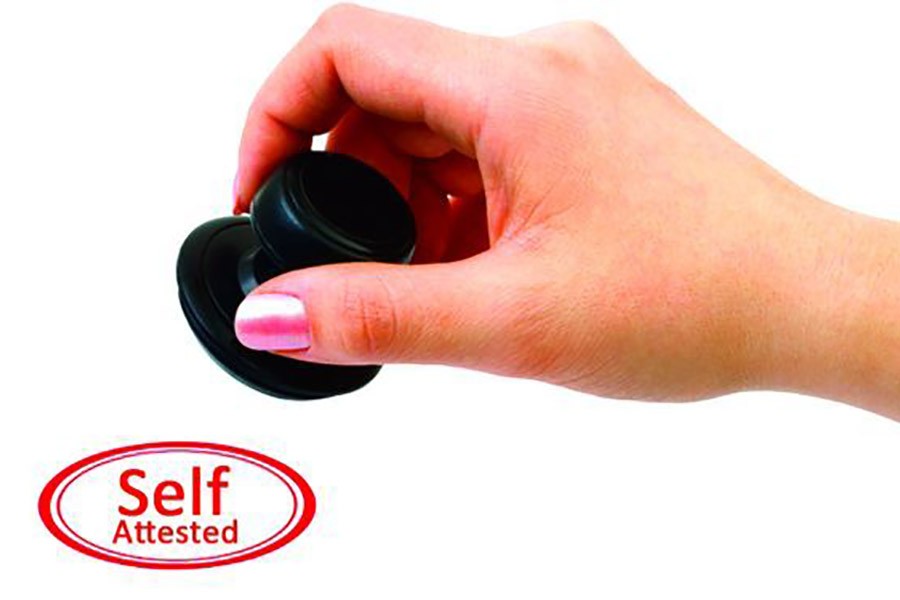Attestation is such a ubiquitous thing that there will be hardly anybody who does not have to go through the process of attestation. Attestation is an essential prerequisite for getting admitted into educational institutions, job application process, obtaining licenses, many government services, and what not. On a routine basis, job seekers and many others applying for certain services have to waste their time in getting their original certificates and photographs attested. This is an additional burden imposed on many public officials who are already encumbered with their routine official tasks. While some officials may be willing to attest documents and photographs, etc., many others may decline to do so further increasing the burden of ordinary citizens.
In theory, the official attesting any photographs, documents or credentials would be expected to have seen the original document to verify that it is a true copy of the original. In case of attesting photographs, the person attesting would be expected to know the individual whose photograph she/he is attesting. However, it is perhaps common knowledge that due to their busy schedule, many of these attesting officials do not take enough care to perform these checks which is their official responsibility. Indeed, it is tough for them to perform this task diligently. In some cases, a well-prepared fake document may look like an authentic document and even upon scrupulous scrutiny, the official attesting a document may fail to appreciate that the purported original document is not a genuine one. In short, it would be fair to say that the current system does not appear to serve anyone and in practice, is often not taken as seriously as should be the case.
One simple way to radically change this system can be the introduction of a self-attestation system. While we are so accustomed to the system of having our documents getting attested by others, it may sound bizarre to some of us that a person may attest her/his own documents, but in many ways, we are already doing that in some cases. To take one example, when we name a nominee for our bank accounts or analogous purposes, we are attesting the photographs as well as papers of the nominee. The introduction of a self-attestation system would mean that those of us who need attestation would save both our time, as well as the time of officials in attesting papers. But another and a no less important outcome would be that the real purpose of the attesting system, i.e., to ensure the authenticity of a document which is not an original document would be much simpler. While an official who attests the document of another person may not be sure (even after scrutiny) about the authenticity of documents presented to her/him, in a self-attestation system such a possibility is out of the equation. Aperson attesting her/his own document would not be able to claim that lack of knowledge stood in the way of assessing the genuineness of a document. Indeed, all of us are best placed to know about the documents, credentials, and photographs that belong to us. For minors and other legally incapacitated persons, their legal guardians may perform this self-attestation function.
For what kind of documents this self-attestation would be introduced and whether the requirement of attestation by gazetted officers would be retained for a few limited cases may be a matter of an extensive study, but an overhaul of the existing ubiquitous requirement of submitting documents attested by gazetted officials should be seriously considered. One example of the introduction of self-attestation is what has happened in the West Bengal in the recent past. In November 2014, by an order of the Governor, they had introduced a system by which applicants seeking admission in educational institutions, employment in government departments and certificates, licenses, services, etc., from public authorities would use self-attestation instead of submitting the copies of documents, credentials, etc., attested by the gazetted officers and others.
There is no doubt that in principle, the introduction of the self-attestation system would be a citizen-friendly initiative. Arguably, for some gazetted officers, attestation may signify power or honour which is attached to their office, rather than a duty. And except for them, there is hardly anybody who should have any qualms about the introduction of a self-attestation regime. And for sure, this would be a regime befitting a modern democracy where citizens are at the core of governance and honoured.
*Dr Islam is an Associate Professor at Department of Law, North South University. The views expressed are the writer's alone.


